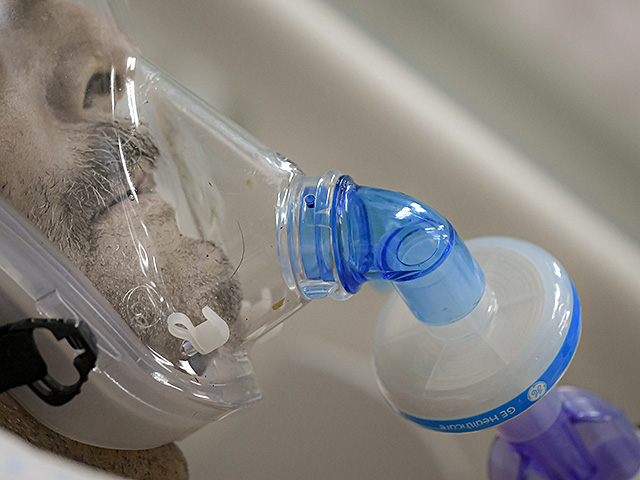An injection of benralizumab, used for some asthma attacks and chronic obstructive pulmonary disease (COPD), was found to be 30% more effective than steroid tablets, significantly reducing the need for further treatment.
A new treatment for severe asthma attacks and COPD using benralizumab could represent a medical revolution in the treatment of asthma in the last 50 years, according to a study. Benralizumab is a monoclonal antibody that targets a certain type of white blood cell called eosinophils to reduce inflammation in the lungs. At the moment it is used only as a re-treatment in small doses.
A new study published in the Lancet finds that a single high dose of benralizumab can be very effective when given during an acute flare-up. The experiment involved 158 people who sought emergency care due to an asthma attack or COPD. At the beginning, blood tests were taken from patients to determine the type of exacerbation, because those who experienced “eosinophilic exacerbations” were responsive to treatment. The people were then divided into three groups.
The first group received a benralizumab injection and placebo, the other received standard treatment with prednisolone and placebo, and the third group received a benralizumab injection and steroids. After 28 days, patients taking benralizumab showed improvement in respiratory symptoms such as cough, wheezing, shortness of breath and sputum. After 90 days, four times as many patients in the group receiving benralizumab were able to recover compared with those taking steroids.
The scientists highlighted that treatment with benralizumab injections takes longer to show effect, reducing the need for frequent visits to a GP or hospital. In addition, patients also noted an improvement in quality of life with the new treatment regimen.
